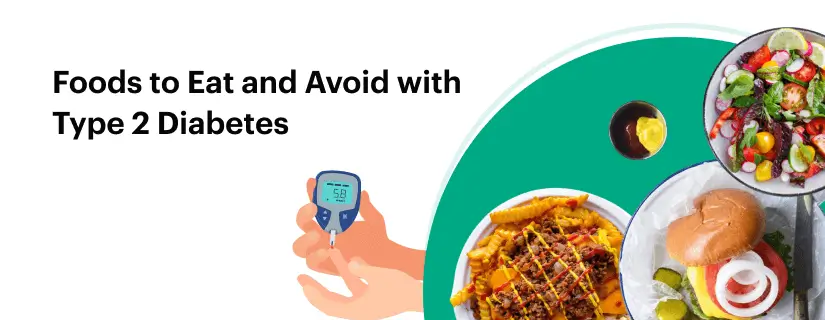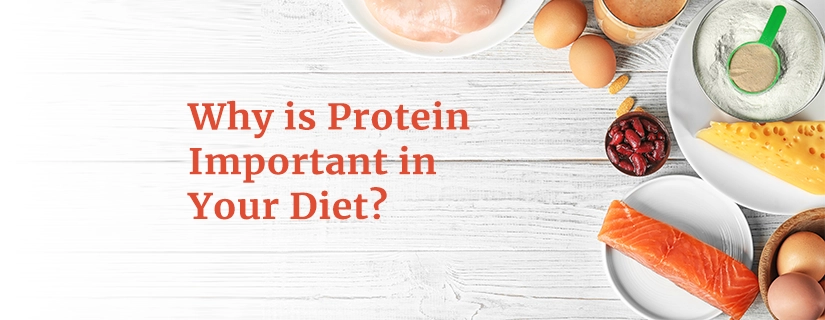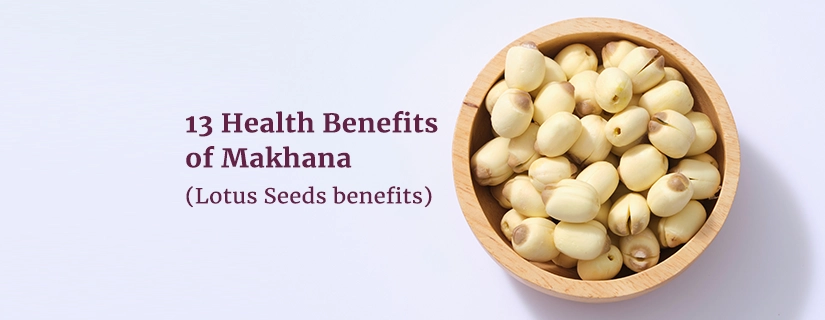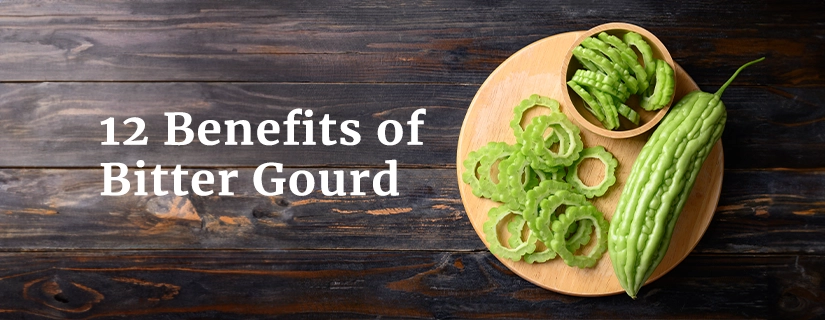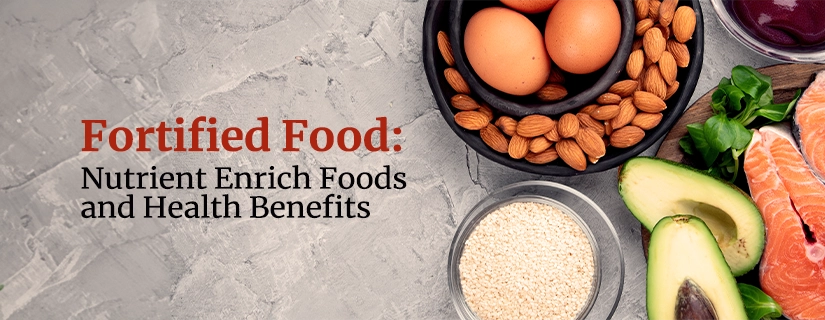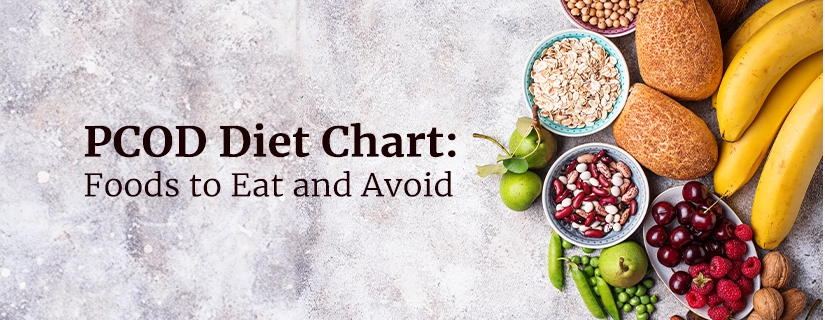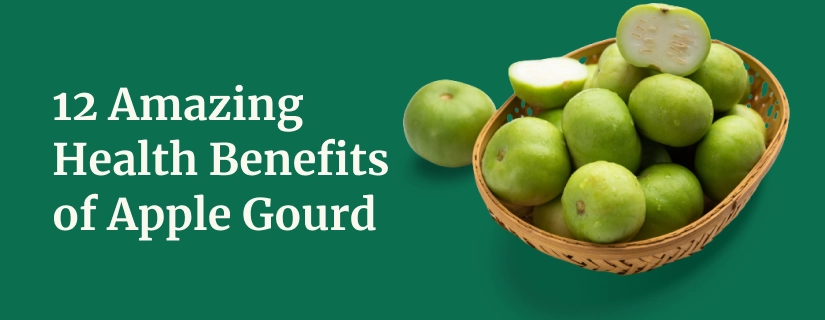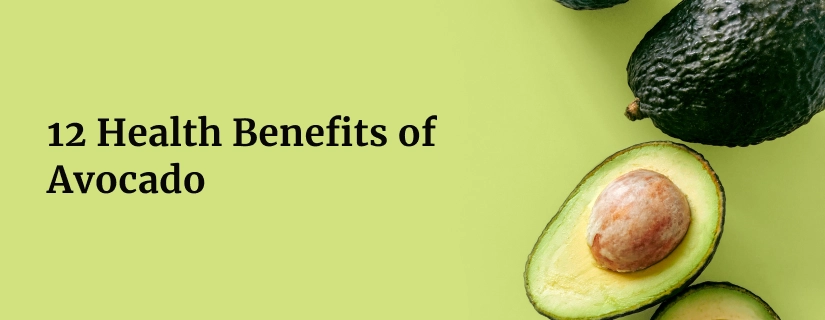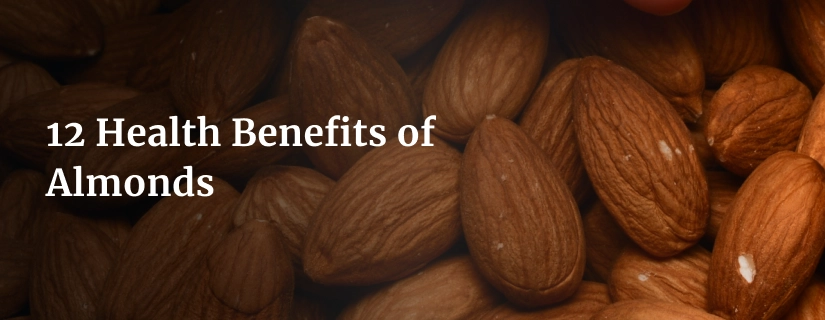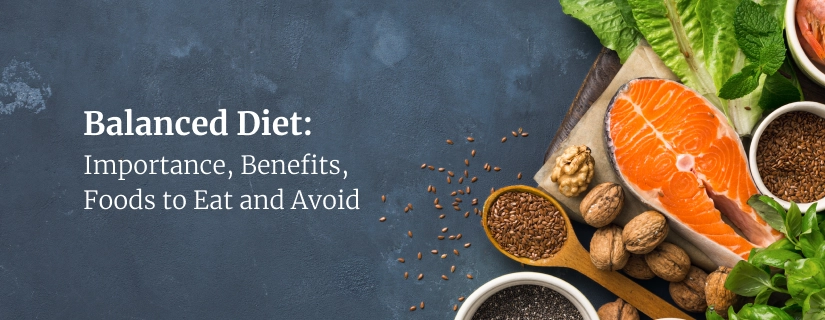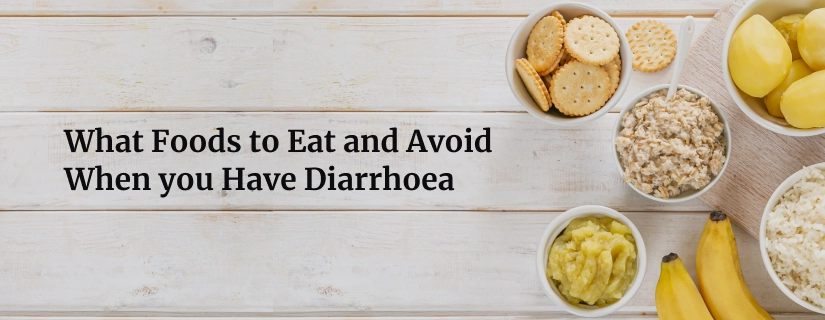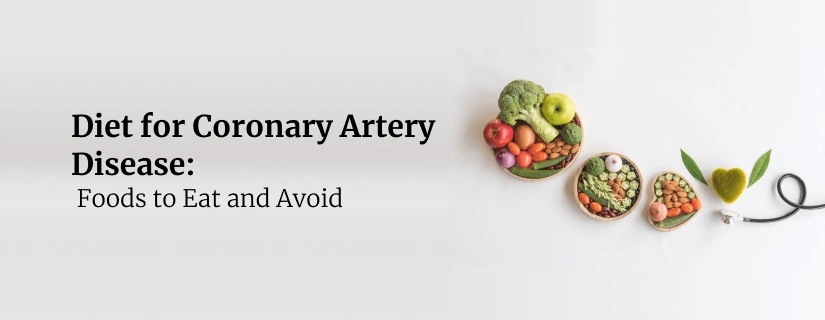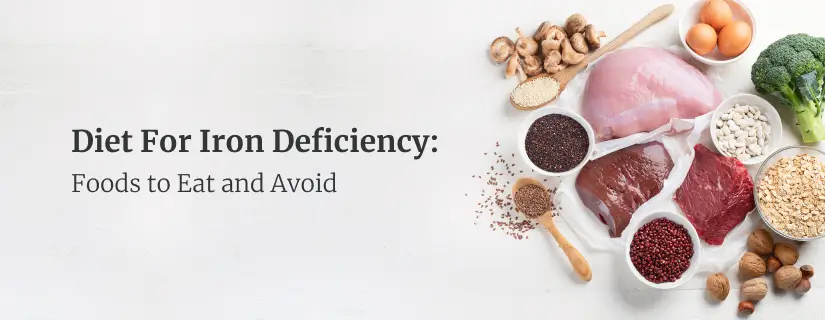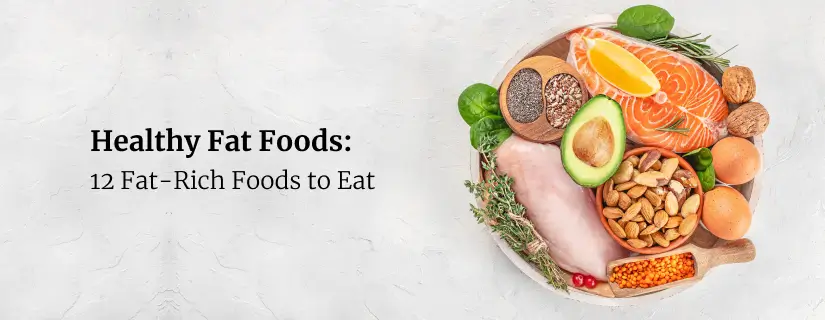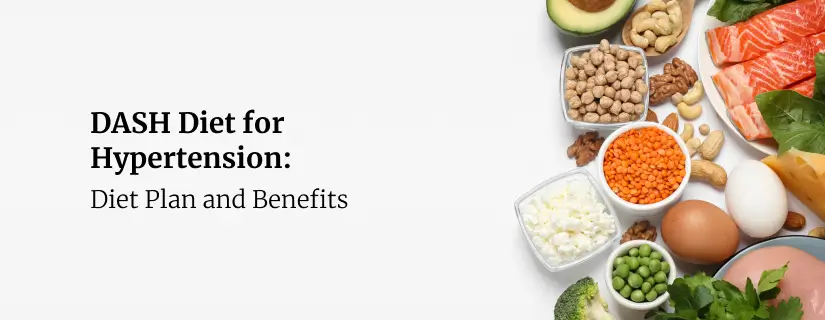-
Doctors
-
Specialities & Treatments
Centre of Excellence
Specialties
Treatments and Procedures
Hospitals & Directions HyderabadCARE Hospitals, Banjara Hills CARE Outpatient Centre, Banjara Hills CARE Hospitals, HITEC City CARE Hospitals, Nampally Gurunanak CARE Hospitals, Musheerabad CARE Hospitals Outpatient Centre, HITEC City CARE Hospitals, Malakpet
HyderabadCARE Hospitals, Banjara Hills CARE Outpatient Centre, Banjara Hills CARE Hospitals, HITEC City CARE Hospitals, Nampally Gurunanak CARE Hospitals, Musheerabad CARE Hospitals Outpatient Centre, HITEC City CARE Hospitals, Malakpet Raipur
Raipur
 Bhubaneswar
Bhubaneswar Visakhapatnam
Visakhapatnam
 Nagpur
Nagpur
 Indore
Indore
 Chh. Sambhajinagar
Chh. SambhajinagarClinics & Medical Centers
Book an AppointmentContact Us
Online Lab Reports
Book an Appointment
Consult Super-Specialist Doctors at CARE Hospitals
How Can I Improve My Child's Eating Habits?
Updated on 31 July 2023
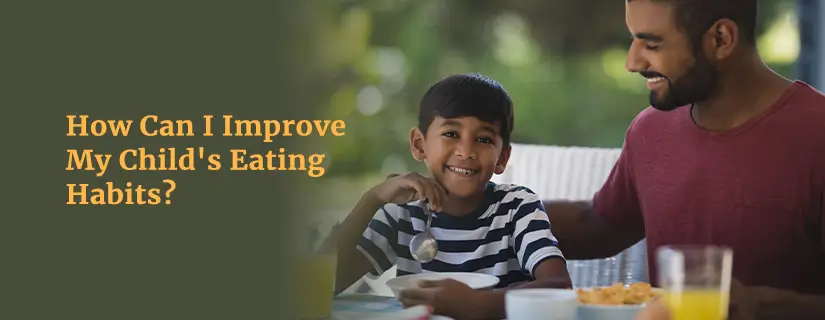
Table of Content
- Eat Meals With Your Kids
- Make a Nutritious Lunchbox
- Engage Your Kids in Grocery Shopping & Meal Preparation
- Avoid Rewarding or Punishing Your Kids With Food
- Drink More Water
- Ensure That Your Kids Eat Breakfast
- Instead of Imposing Your Family's Diet, Offer Suggestions
- Encourage your Youngsters to Eat Slowly
- Create a Snack Plan (a Healthy One)
- Limit Screen Time During Meals
- Limit Sugary Drinks
- Concluding Thoughts
You may support your children in maintaining a healthy weight and normal growth by creating appropriate eating patterns for them and teaching them its benefits. Your kid's health care professional can assess your child's weight, height, and BMI, explain it to you, and inform you if your child needs to lose weight, gain weight, or adjust their diet.
Limiting your child's intake of fat and sugar, as well as controlling portion sizes, are some of the most crucial components of a healthy diet. Developing healthy eating habits in children ensures that their developing bodies receive all the nutrients required for optimum growth and proper body functioning. Children's healthy eating practices also create the groundwork for a healthy lifestyle they will maintain as adults.
You shouldn't put your overweight child on a rigorous diet. Moreover, it's crucial to understand your child's dietary needs and only resort to strict diets for weight loss if it is under a doctor's supervision for medical reasons.
Parents can also use the following strategies to help their kids from healthy eating habits:
Eat Meals With Your Kids
Children learn by example, so if you eat junk food while watching TV, regrettably, they will soon pick up your bad habits. Set the table, talk about the day's events, turn off the TV, turn on some music, or enjoy the silence to make meals delightful. 'Family' eating stimulates social engagement, routine, and home-cooked meals, all of which promote better eating habits later in life.
Make a Nutritious Lunchbox
Provide plain yogurt, an easy-to-eat piece of fruit, and sandwich toppings that "disguise" veggies. Vary the fillings as much as you can. Children can be very picky when it comes to fruits; if it is too messy or challenging to prepare, they frequently won't bother eating it. Give children small, easy-to-hold, peelable fruits and vegetables like grapes, apples, and bananas.
Engage Your Kids in Grocery Shopping & Meal Preparation
With the help of these activities, you'll be able to learn more about your kids' eating habits, give them a chance to learn about nutrition and give them a sense of good & bad foods available. Furthermore, youngsters who assist in preparing foods may be more eager to consume or try them.
Avoid Rewarding or Punishing Your Kids With Food
When food is withheld as punishment, kids could start to worry that they won't eat enough. For instance, if kids aren't given dinner before night, they can worry about going without food. Children may therefore attempt to eat whenever they have the opportunity.
Children may also believe that certain foods, such as sweets, are superior to or more valued than other foods if used as rewards. Giving kids the incentive to eat all their vegetables in exchange for dessert, for instance, sends the wrong message about vegetables.
Drink More Water
Give your child water with meals and urge them to carry a water bottle with them whenever they go outside. Juice and other sugary beverages should only be consumed occasionally, not daily.
Juice contains important nutrients and provides concentrated energy for active, rapidly growing children who struggle to consume enough food. Juice contains fruit sugars, but these sugars are not that unhealthy and make up for the daily consumption limit. We want our children to reach for water rather than a sweet beverage when thirsty.
Ensure That Your Kids Eat Breakfast
It will help preserve their attention span, provide a continuous amount of energy to carry them through the morning and deter them from eating junk. Additionally, it will encourage kids to develop a breakfast routine that they should ideally maintain into adulthood. Iron and B vitamins can both be found in abundance in fortified breakfast cereals.
Instead of Imposing Your Family's Diet, Offer Suggestions
Make a variety of healthy foods easily accessible in the home. Your kids will gain knowledge about making wholesome food decisions as a result of this practice. Keep unhealthy options like soda, chips, and juice in the refrigerator. Drink water with your meals.
Encourage your Youngsters to Eat Slowly
When they eat slowly, children can better distinguish between hunger and fullness. Ask your child to hold off on receiving a second helping or meal for at least 15 minutes so you can assess whether they are still genuinely hungry. The brain will have time to recognize fullness as a result. Additionally, the second serving ought to be far less than the first. And if you can, add more vegetables to that second helping
Create a Snack Plan (a Healthy One)
Continuous snacking might result in overeating, but organized snacks can be a healthy addition to a child's diet without affecting their mealtime appetite. Even at parties and other social gatherings, you should make snacks as wholesome as possible without depriving your kids of occasional chips or cookies. Keep wholesome foods at hand and eye level so that your kids can reach them easily
Limit Screen Time During Meals
Create a distraction-free environment during meals by limiting screen time. This allows your child to focus on their food and listen to their body's hunger and fullness cues.
Limit Sugary Drinks
Offer water or milk as the primary beverages. Limit the intake of sugary drinks, including sodas and fruit juices. Water is the best choice for hydration.
Concluding Thoughts
The above strategies help parents a lot in maintaining healthy eating habits for their children. Adding healthy habits in their growing years is very important because it stays with their lifetime. Keep meals and food fun! Encourage a healthy diet as well as a healthy attitude toward food.
Ms. Sunitha
Dietetics and Nurition
Musheerabad, Hyderabad

ENQUIRY FORM
SELECT CATEGORIES
-
Neurosciences (16)
-
Neurology (37)
-
Neurosurgery (14)
-
Orthopaedics (48)
-
Oncology (33)
-
Obstetrics and gynecology (52)
-
Pulmonology (23)
-
Urology (20)
-
Nephrology (13)
-
Psychiatry (7)
-
Dietetics and Nutrition (111)
-
General Medicine (63)
-
Cardiac Sciences (32)
-
Vascular & Endovascular Surgery and Interventional Radiology (15)
-
Gastroenterology (46)
-
Endocrinology (23)
-
Plastic Surgery (10)
-
Critical Care Medicine (5)
-
COVID-19 (16)
-
Dermatology (16)
-
Emergency Care (1)
-
Ophthalmology (4)
-
Pediatrics (14)
-
Laparoscopic and Bariatric Surgery (8)
-
ENT (15)
-
Kidney Transplant (1)
-
Liver Transplantation and Hepatobiliary Surgery (5)
-
General Surgery (3)
-
Internal Medicine (5)
-
Medicine Information
15 Health Benefits of Sabja Seeds
How To Make Your Diet More Nutrient Rich Foods: 6 Ways To Do
YOU MAY ALSO LIKE
RECENT BLOGS
-

Preterm Birth (Premature Birth): Symptoms, Causes, Treatment and Prevention
13 May 2025
Read More
-

Rotablation Angioplasty: Benefits, Treatments, And Recovery Time
9 May 2025
Read More
-

What Is The Difference Between IUI and IVF?
9 May 2025
Read More
-

Venous Malformations: Causes, Symptoms, and Treatment
30 April 2025
Read More
-

Varicose Vein Foam Sclerotherapy: Treatment, Benefits, and Procedure
30 April 2025
Read More
-

Radiofrequency (RF) Ablation Treatment for Varicose Veins: Know More
30 April 2025
Read More
-

Varicose Vein Sclerotherapy: Treatment, Benefits, and Procedure
30 April 2025
Read More
-

Varicose Vein Endovenous Laser Ablation: Procedure, Benefits, Risks
30 April 2025
Read More
Have a Question?
If you cannot find answers to your queries, please fill out the enquiry form or call the number below. We will contact you shortly.













